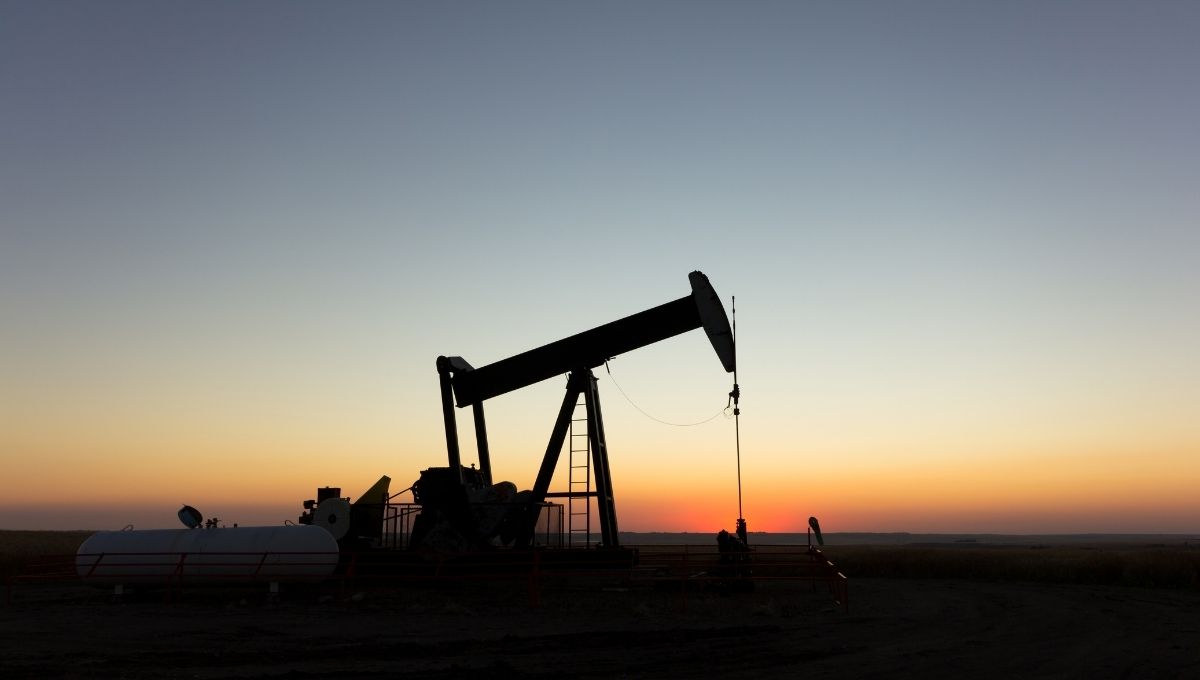
Sister Joan Brown, Executive Director of New Mexico Interfaith Power and Light, talks about the Permian Basin and challenges and possibilities for change. Hear the full In Good Faith episode IGF045 at aNunsLife.org.
Let us know your thoughts about the podcast by taking this short survey! Your input helps to shape the future of A Nun’s Life podcasts! Click HERE to take the survey. Thank you!
Sister Joan Brown is Executive Director of New Mexico Interfaith Power and Light. Previously, she ministered as a journalist, director of Pikes Peace Justice and Peace Commission, and co-director of Tierra Madra, a sustainable straw bale self-help housing project that she co-founded. Sister Joan grew up on a farm near Olpe, Kansas, in the Bluestem Prairie region. She has a bachelor’s degree in English and a master’s degree in Religion and Cosmology.
Sister Maxine
This podcast is brought to you by A Nun's Life Ministry. This is Sister Maxine of A Nun's Life Ministry and my guest, Sister Joan Brown, Executive Director of New Mexico Interfaith Power and Light, working with people of faith and conscience in education, action, and policy advocacy around climate change and care of Earth. Joan, you had mentioned earlier some of the legacy issues in New Mexico. As you deal with some of those issues, especially around the Permian Basin--not only because it's a huge source of oil and gas, but also employment in the area--how do you approach advocacy around some of those issues, with legislators in particular who are concerned about their constituencies?
Sister Joan
Maxine, you've hit on a huge challenge we're facing in this state. We to be very sensitive to the workers and to the people in the area. And so our stance in this is really an ethical moral stance, and that we have to hold all of those complexities together. And as we do that, we listen to the frontline communities in the Permian Basin, and work with them and their concerns. So we're starting with the health concerns, with the worker concerns. And they too are concerned about climate change the faith people and faith leaders down there. But it's working with the environment along with the human impacts. And so then trying to work in our state coming up with creative ideas, working with our legislators, saying we need to have a just transition and economic diversity. We have to figure this out as we go--that no one is demonized, and cannot be demonized. So we take a slightly different path sometimes than some of the environmental groups because we're trying to hold this and saying that we're all in this together and I am the oil worker in the fields in the Permian. I'm just trying to make a living for my family. How do we do this transition and change policy and change actual lives of people so that every person has dignity, as well as caring for the earth and our neighbors who are thousands of miles away on island nations, or in Bangladesh, or in Africa?
Sister Maxine
To hear full episodes of A Nun's Life podcasts, visit the podcast page at anunslife.org/podcast.
This transcript has been lightly edited for readability.




